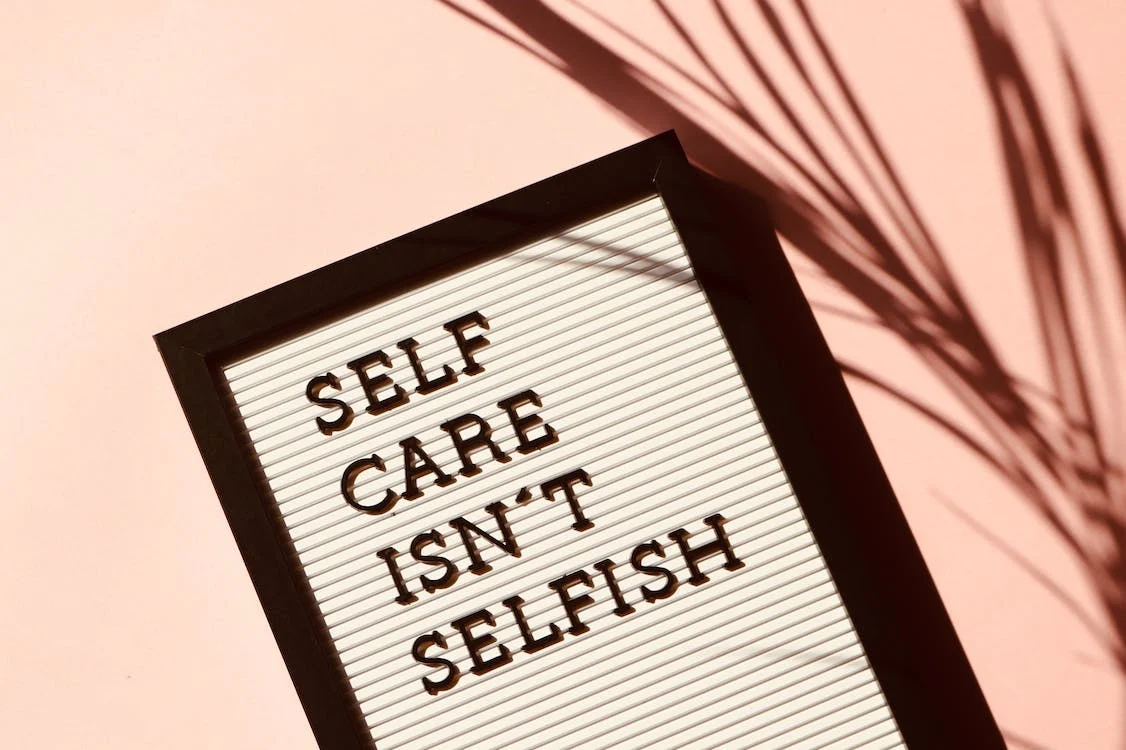Taking care of one’s body is extremely important. Each year, more and more people are diagnosed with mental health-related illnesses. It can happen to anyone, no matter what gender, age, income, or race. Many have friends or family who suffer from mental health problems. Even if one’s mental health is good right now, it is important to protect it, as this is something that can always change depending on various situations in life.
It is important to reduce the stigma around and normalize opening up about mental health. Some people who experience mental health issues may be afraid or nervous to seek help, or they may not even know that they have an issue because it is not spoken about enough. When people speak about mental health, they learn to help themselves and others.
When asked about the types of mental health issues she has seen more recently amongst students, social worker Samantha Lancaster said, “There has been an increase in low frustration tolerance, difficulty to tolerate disappointment, and increase in anxiety.” When asked about what students/teenagers can do to help improve mental health in school, Lancaster said, “It is important that we encourage the practice of positive coping skills and advocacy strategies as these skills will prove to be invaluable as students’ progress throughout their academic careers. Incorporating positive self-care and coping will help all students and adults alike work through difficult times and improve mental health.”
There is often a stigma regarding people with mental illnesses, and in order to overcome that stigma, people need to be educated on the topic. Some people with mental illnesses are labeled “dangerous,” “crazy,” or “weak.” When asked about how such stigmas can be broken, Sociology teacher Koren Pena said, “We need to normalize the conversation around mental illness just as we do about other health issues. Talking openly about mental health issues is a start and educating others is a great way to fight the stigma.”
Since the pandemic, there has been an increase in the number of people suffering from mental health issues throughout society. During lockdown, isolation caused stress, loneliness, and depression, and this impacted teenagers’ socialization. Social worker Rosanne Bogard said, “The pandemic disrupted regular school routines, leading to isolation, stress, and uncertainty, which can contribute to mental health issues such as anxiety, depression, and loneliness.”
Bogard added, “Lynbrook has three social workers, three school psychologists, and six guidance counselors.” Bogard went on to say, “We are all here to support our students. Mental health support services both within school and in the community have been crucial in helping students cope with any challenges they have at any age.”
According to the Aug. 25 article “Mental Health Spending Surged During the Pandemic” from The New York Times, from March 2020 to August 2023, mental health visits to mental health professionals increased by 39%, and spending on mental health increased by 54%. According to the same article, during the pandemic, anxiety disorder visits increased by 73.7%, and post traumatic stress disorder (PTSD) visits increased by 37%; bipolar disorders by 32%; and depression by 31.9%. Overall, it is clear that mental health is an important topic that must be addressed amongst all.



































